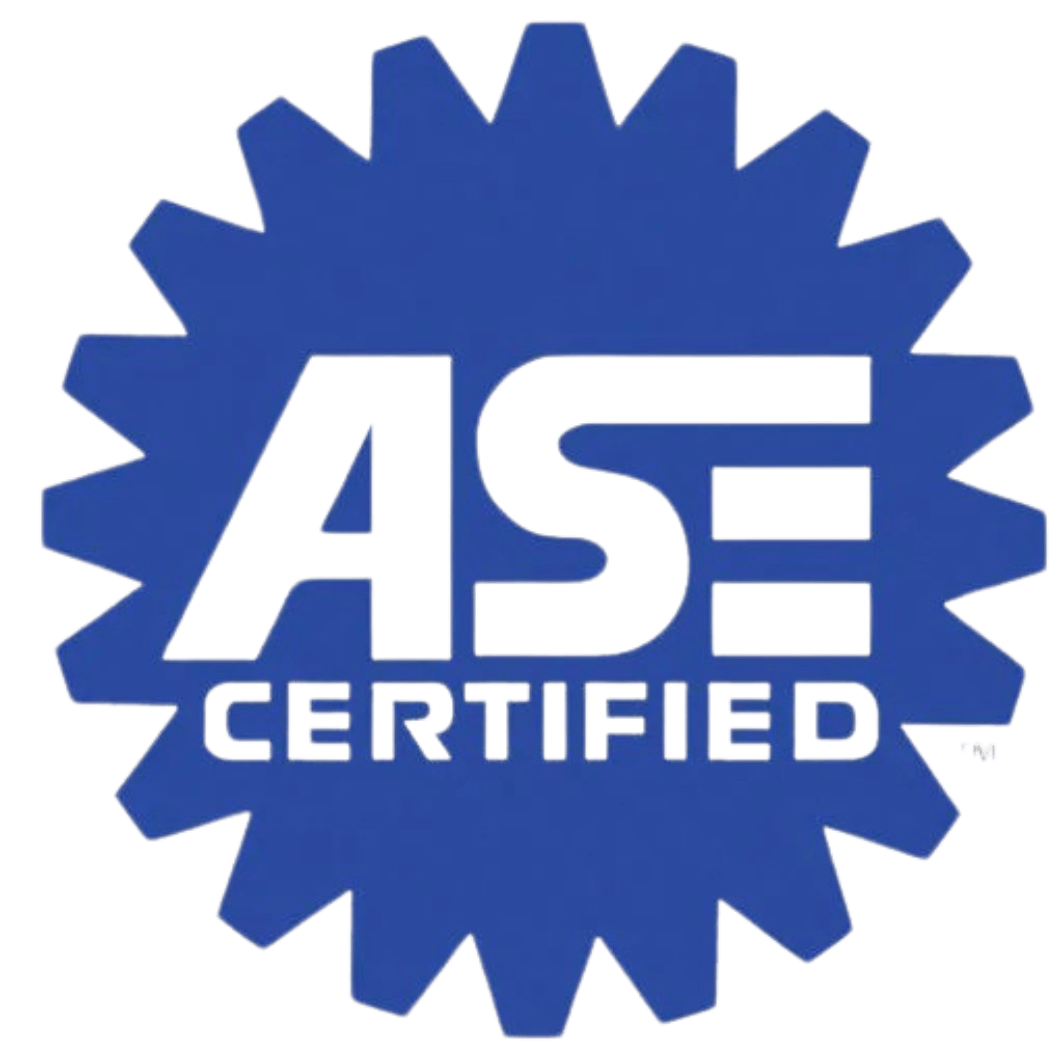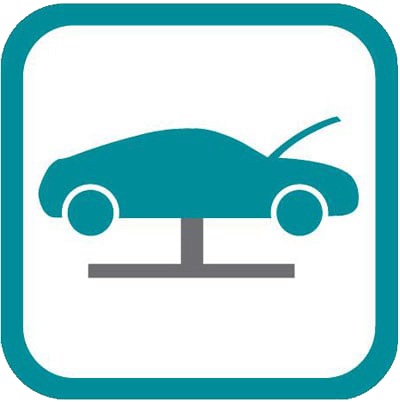Car sitting idle for weeks or months? Here’s what you need to know.
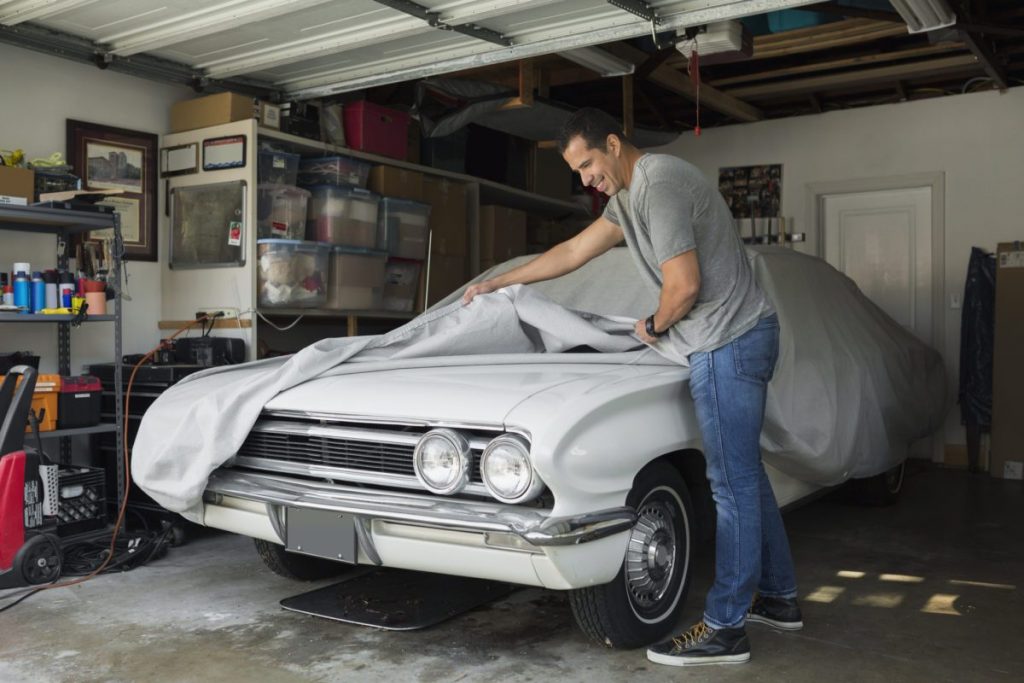
Has your car been sitting for weeks? Maybe even Months? If so, there are some things you need to know to keep your car working properly for when you need it. The main issue that you might run into is a dead battery. That is why it is good practice to drive your car for […]
Are Your Tires Ready For Winter?
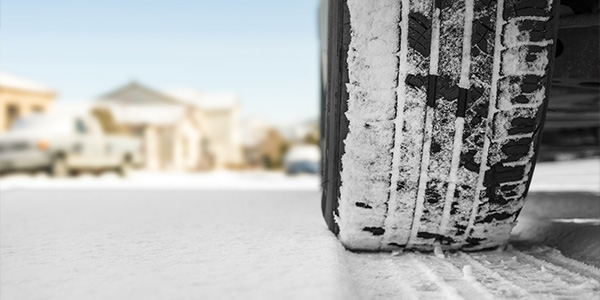
With the winter season upon us, it is inevitable we will soon be dealing with colder temperatures, snow, and ice. Properly maintained tires are vital…
Should your College Student Take their Car to School?

Back to school can be a time of big decisions for parents and students. One of the most difficult is whether or not to take a car away to college. Consider the following when making this decision: • Responsible use – Has your child done his or her part in taking care of their vehicle […]
How to Maximize Fuel Economy
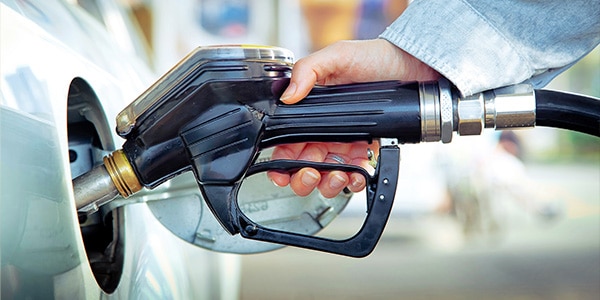
Improving fuel economy is a matter of changing your driving habits. The benefits range from environmental to personal and financial. Here are some easy and effective tips…
What to Keep in Your Car at All Times
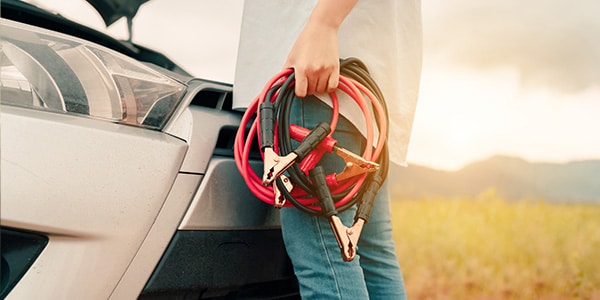
Ask yourself this: If you were stuck with a flat tire, a dead battery, an empty gas tank, a blown gasket or any number…
Everything you Need to Know About Vehicle Recalls

Vehicle recalls occur more frequently than most of us are aware of. This results when a manufacturer determines that a car model has a safety related defect that does not comply with the government’s safety standard. The manufacturer is then required to alert owners of this problem and may offer to repair the issue at […]
Avoid Getting Stranded!
What to do if… …Your car won’t start There are several possible reasons your car may not start, such as corroded cables or a light left on. • If your car makes a clicking noise when you turn your key in the ignition – This type of sound usually indicates a dead battery. Have the […]
Tire Season Has Begun
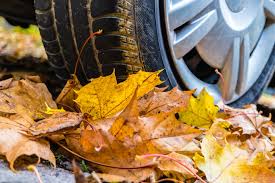
October is Tire Month at Car-X! Why? It is the best time of year to pay attention to your tires and make sure they are ready for the coming winter months. The importance of tire maintenance cannot be underestimated – they are your vehicle’s only contact with the road. • Have your tires inspected for […]
Find an Automotive Brake Specialist in Your Area
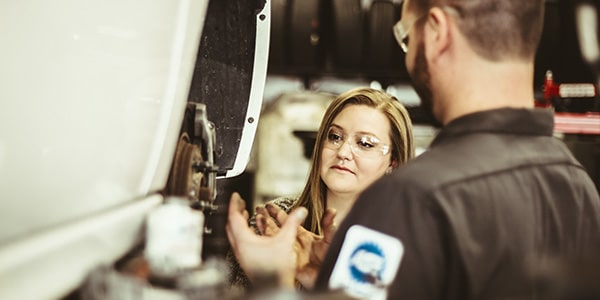
Most brake specialists recommend biannual brake inspections. Why so often? Because brakes experience a lot of wear. No one ever said stopping a moving vehicle…
“Rattle Rattle Thunder Clatter” – Sounds Your Car Is Making and What to Do About Them
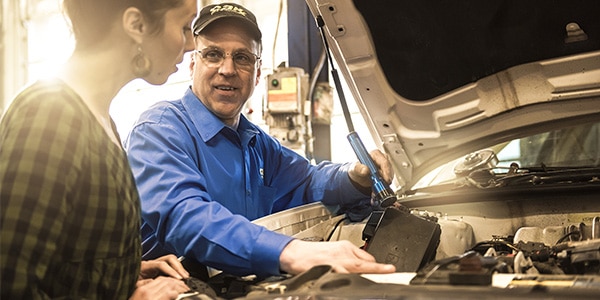
Most of us have experienced a curious sound coming from our vehicle. It is always a little nerve-racking, as some sounds can be indicators…

